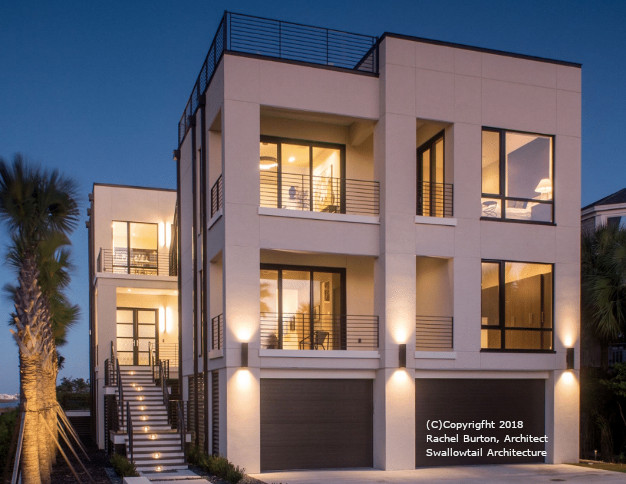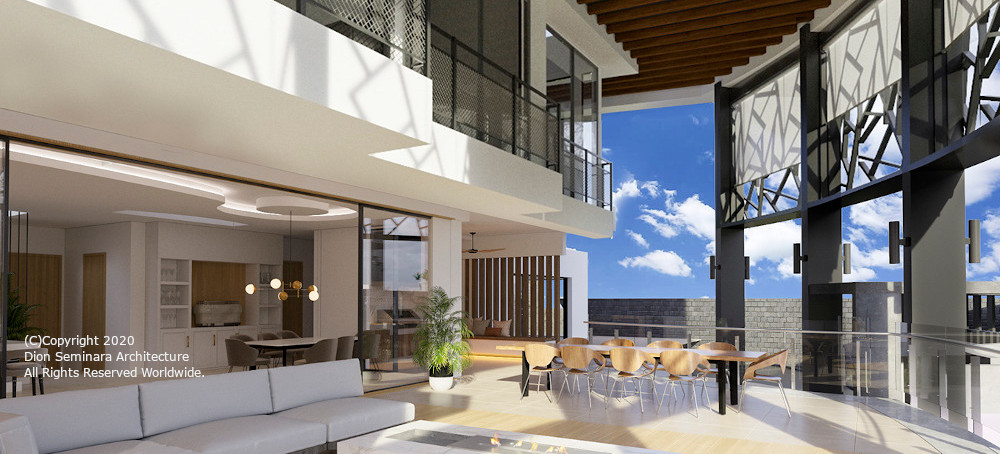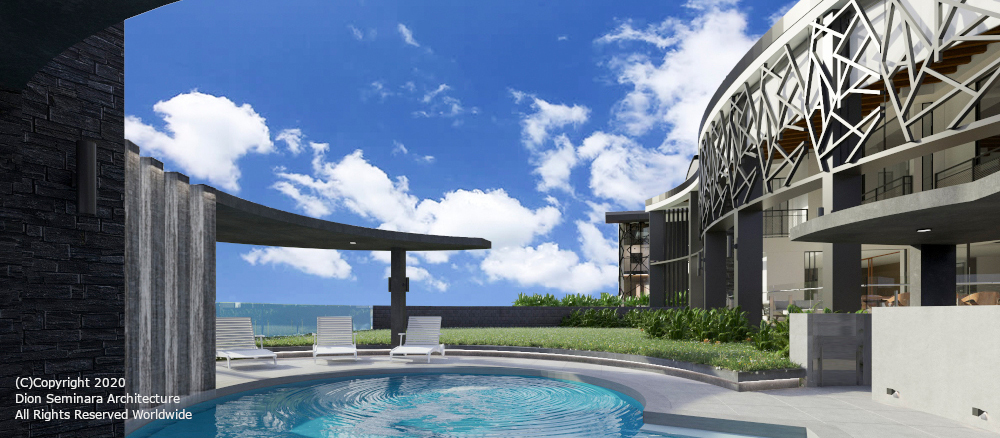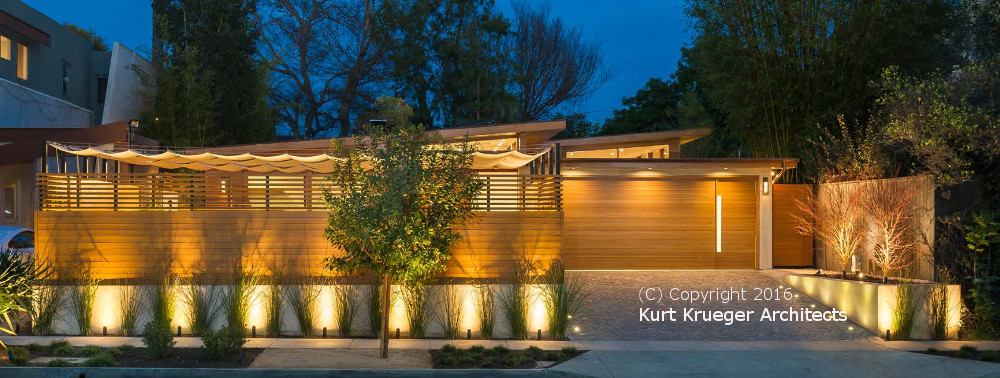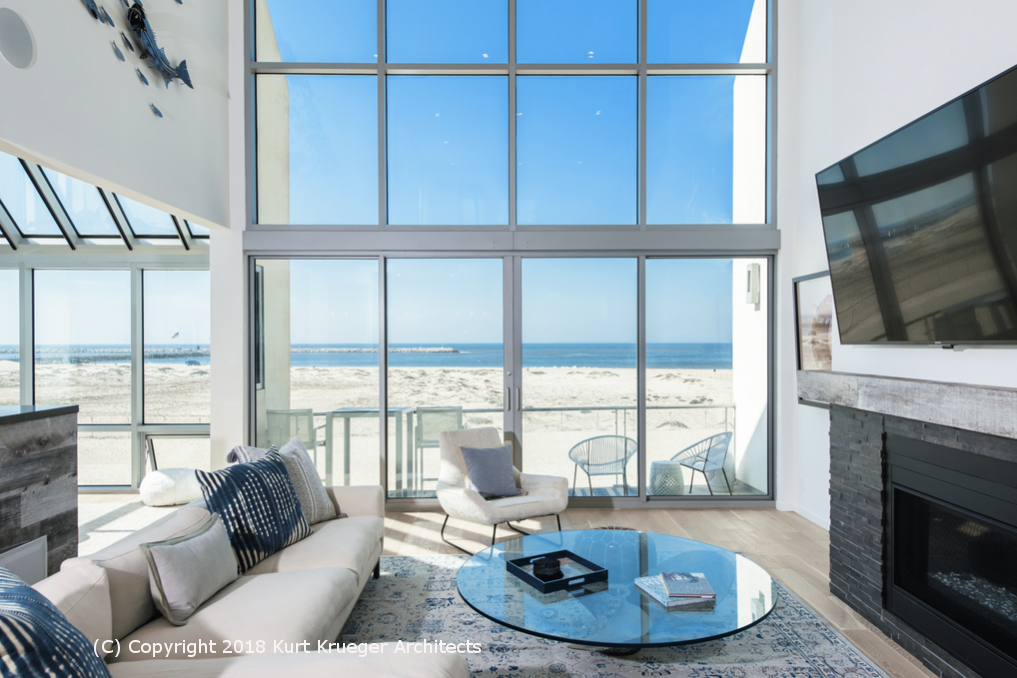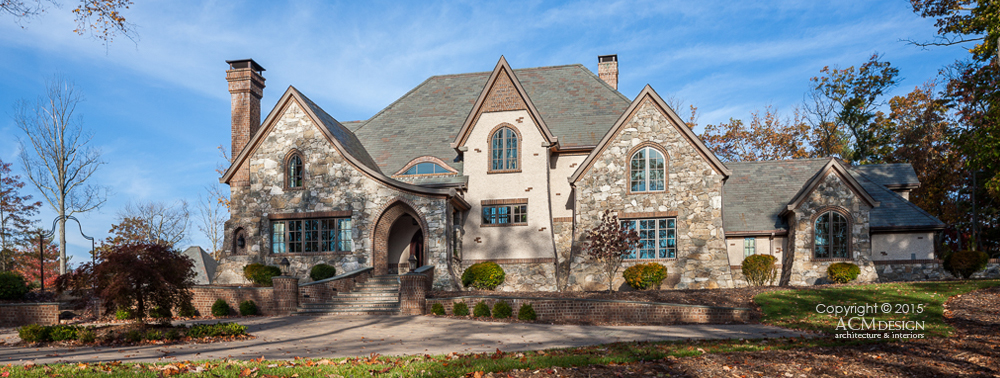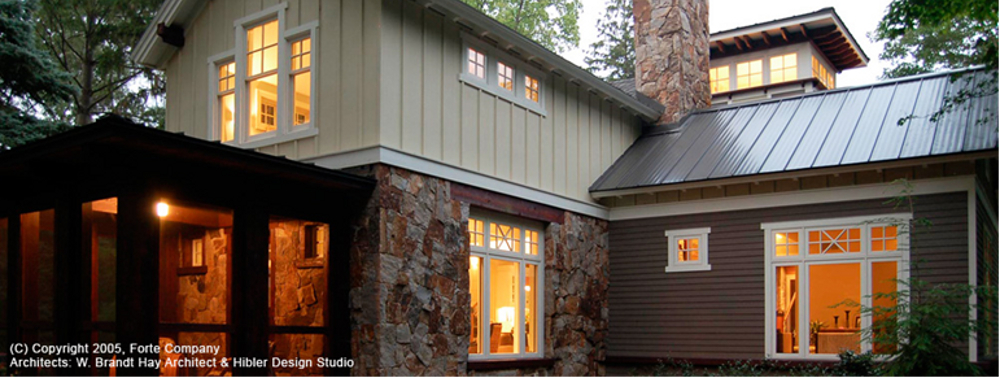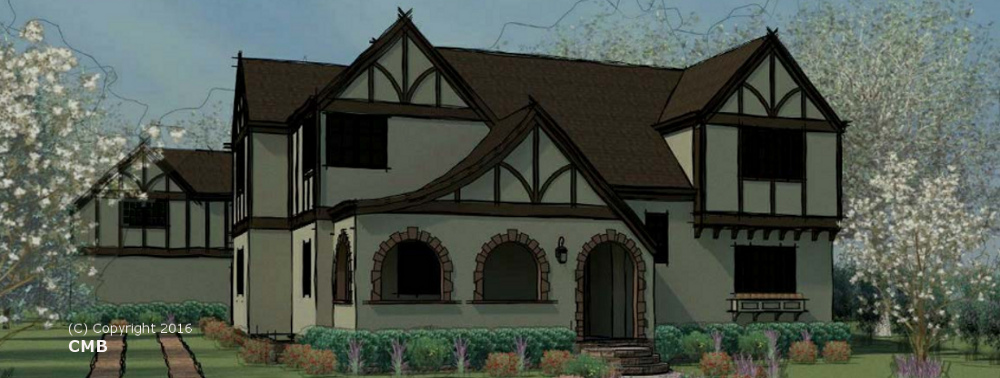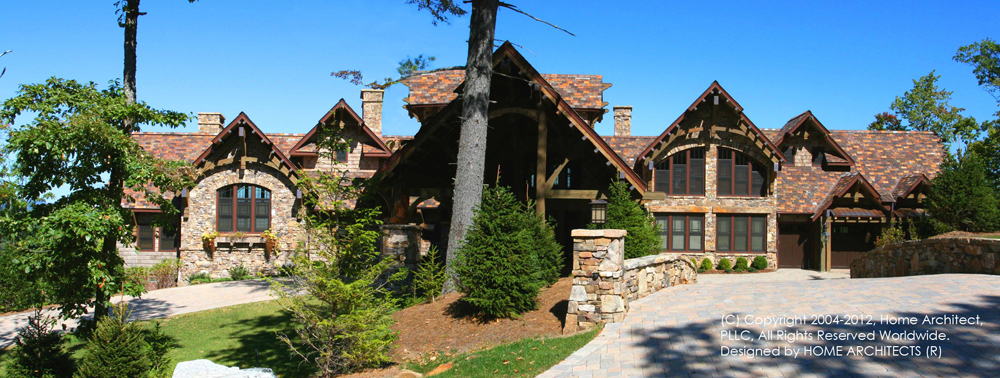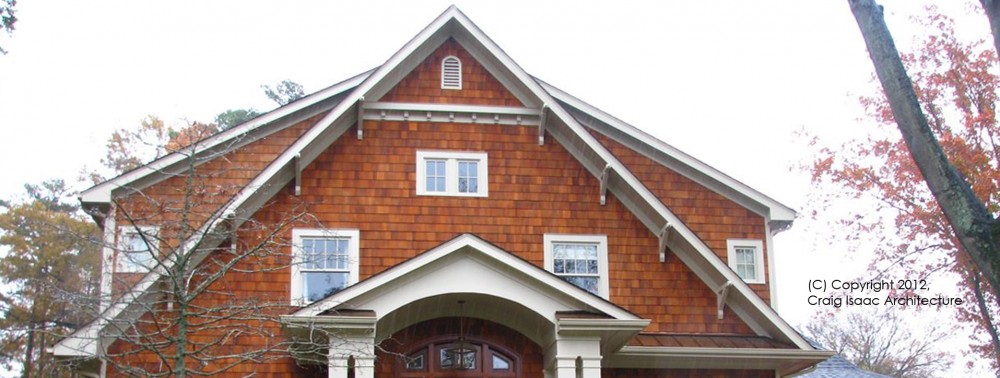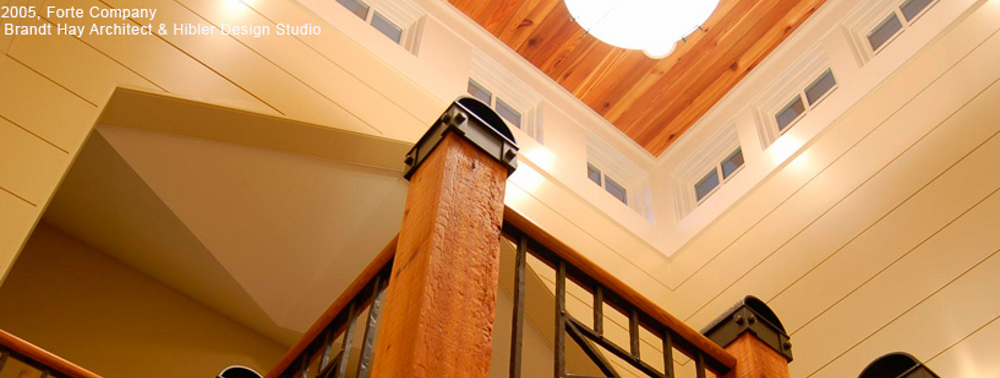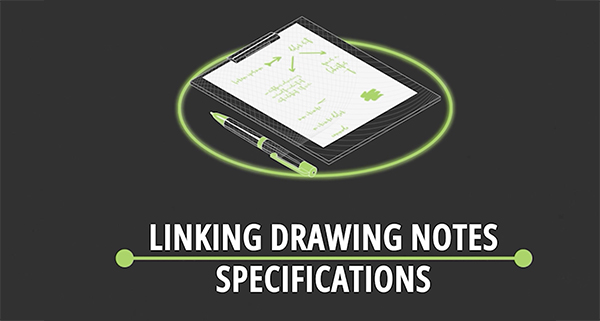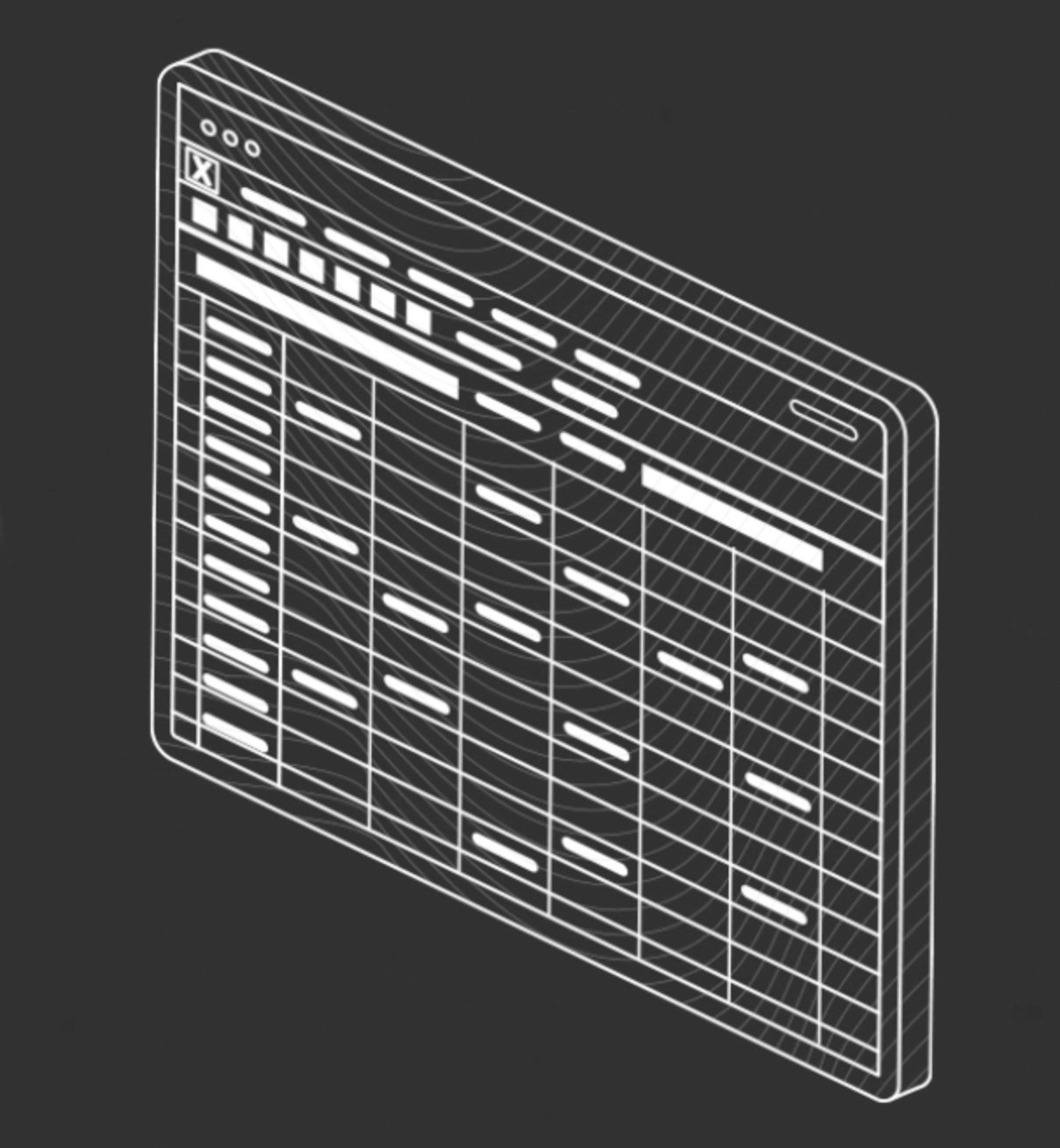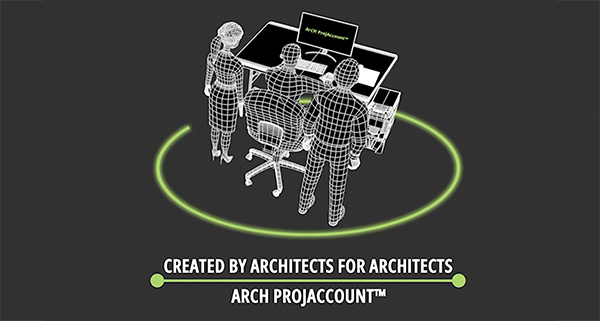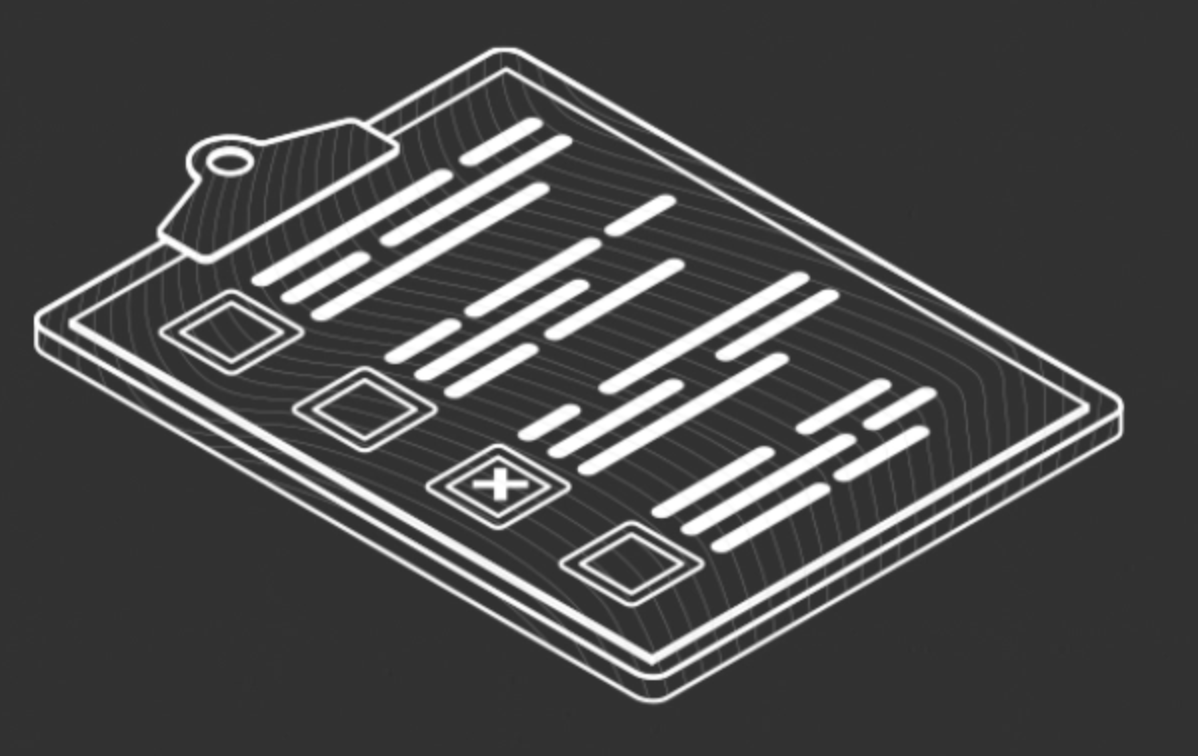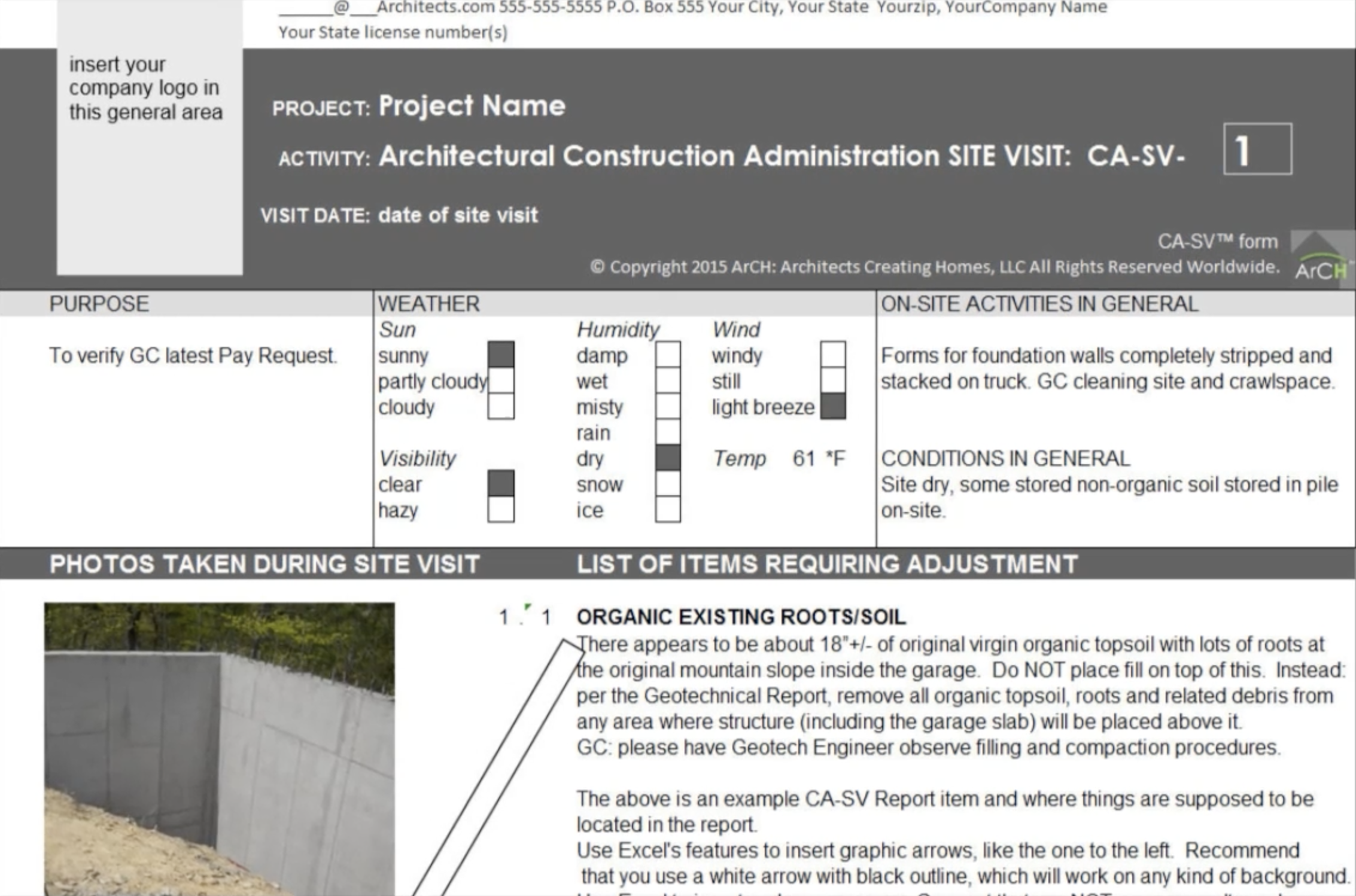There is no established fee method for any particular type of project. Fees are created for each project in different ways.
However, historically, for residential type projects, the level of complexity has much to do with the price an Architect will charge. The AIA and other organizations dating back to the last century have indicated that a complexity level of:
“More Than Average” and
“Considerably More Than Average”
is commensurate with many house design projects. The fact that home design involves considerably more components, walls, fixtures, treatments, appliances and furniture groupings happening within smaller amounts of space than one would normally find in a commercial or office building, or even within a hospital, depending on type of use, means that residential design is one of the most complex activities in which an Architect can engage.
Factors affecting fee are: number of anticipated hours that the Architect will need to spend to produce the documents and coordinate his efforts on your behalf, the complexity (as indicated above), level of quality and detail and the value of the Architect’s knowledge and abilities. The size of the home and structural systems impacts the Architect’s effort, along with how elaborate you want the Kitchens, Bathrooms and other spaces.
Architects often quote compensation based on hourly rates, fixed fee, square footage, percent of construction cost (using normal construction methods) or other methods. One of the most popular is hourly, as it pays the Architect for the time they spend; no less, and no more.
An important thing to consider when thinking about engaging an Architect, is that a quality design created for you by your Architect can result in your home being worth more when you decide to sell it. Also, if you decide to remain in your home for the rest of your life, your Architect is one of the few professionals on the planet with special knowledge about the design features you will need to AGE IN PLACE. In other words, if you want to remain in your home for the rest of your life, instead of going to a nursing home, you will probably start to appreciate the functionality of your custom designed house. For instance: coming up a step or two from your garage will be like the Grand Canyon, if you are in a wheelchair some day, or using a walker. And to enter a shower? The typical 4-1/2″ high threshold, once again, is way too high for many aging folks who use equipment to move around.
Also, most Architects are very energy-conscious. This should typically translate into your new home being much more energy efficient. With energy costs rising every year, having your new Architect-designed house sipping electricity instead of guzzling it, should pay you back many times over what you will have paid your Architect over the life of the home, when you include other benefits indicate herein.
What you pay for your Architect’s services to provide you with a better house is, in the scheme of things, a very small portion of the total expenditure involved with the construction of your residential project. Keep that in mind, when thinking about budgeting for your next house.
Smaller, more detailed projects, like small home renovations, will probably result in higher fees, percentage-wise than larger, newer projects, because there is a lot of homework that renovations require, from creating As-Built Drawings (depicting existing conditions) if you do not have those available for your Architect. One has to know what you Have, in order to figure out what can be Changed to give you what you Want in the way of new features. And, there are basic costs involved with what an Architect does on all projects, involved with discussions with regulatory agencies that are about the same for all projects, setting up project documents and administrative procedures, regardless of size, so the smaller a project becomes, those due diligence activities become a larger portion of the smaller overall effort.
Many Architects will no doubt consider reducing fees, percentage wise, for multi-million dollar efforts, in part for the reasons indicated just above for very small projects being more effort.
Another factor affecting your overall fee will be whether or not your Architect will be designing all of your cabinetry, schematic electrical layouts and other detailed areas, many of which are often not required for your building permit. Some where, however, someone will be paid to accomplish these things. It will be your choice as to whether or not you would rather have your Architect creating exactly what you want for you and the special house they are creating for you. All the skill and expertise that goes into making a Licensed Architect often results in more efficiency and superior quality of design. And sometimes the enjoyment of living in a home that meets all of your wishes, needs and functional requirements is something upon which you may not be able to put a price.

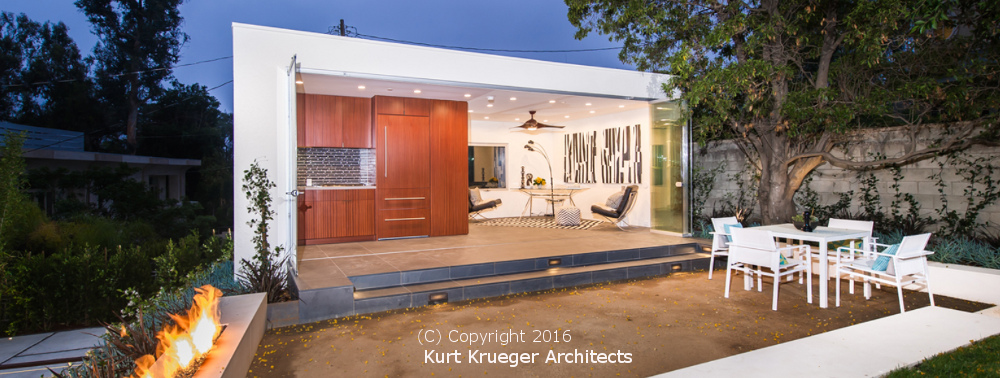 <
<
